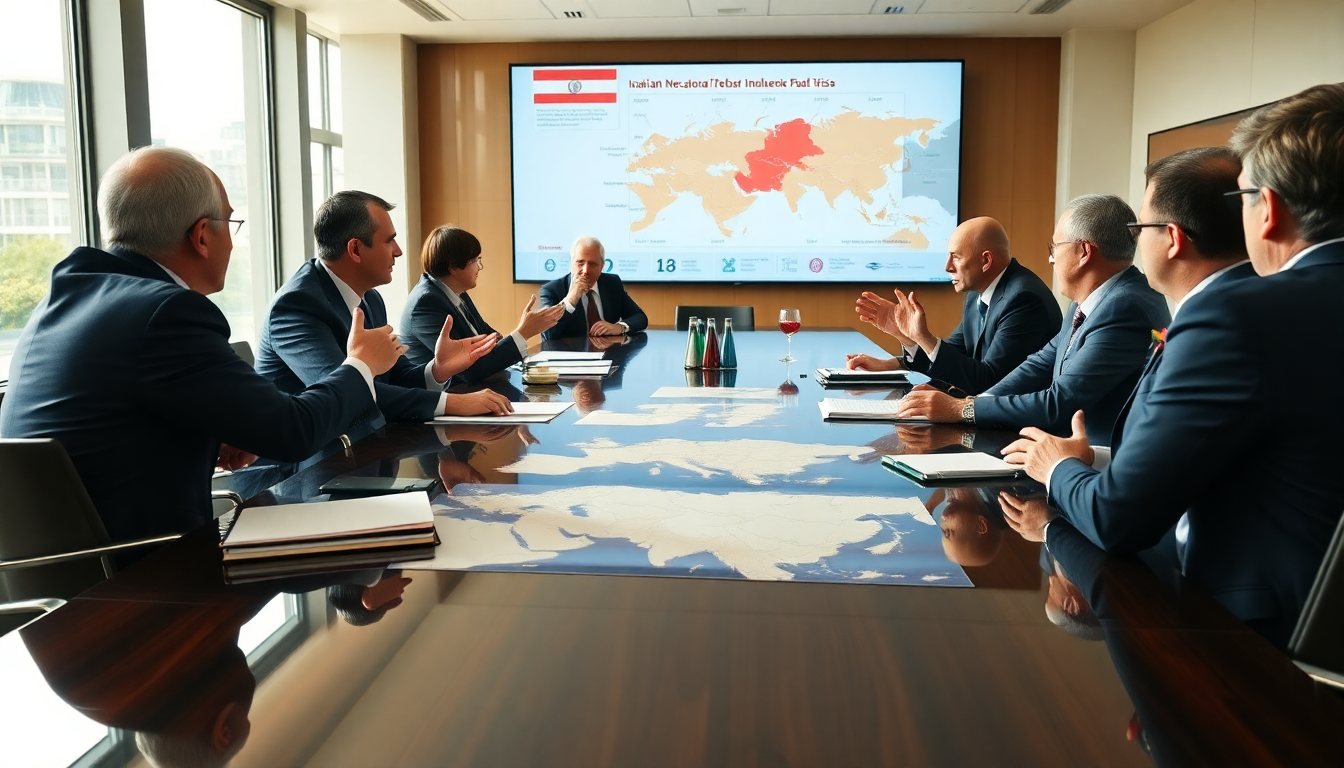Table of Contents
The situation surrounding Iran’s nuclear program is heating up, creating a tense atmosphere between Europe and the United States. As world leaders scramble to find a common ground, it’s clear that there’s a fine line between taking a strong stand against Tehran and considering the legality of any military actions. So, how can European leaders navigate this complex landscape while advocating for restrained diplomacy?
Condemnation and Support: A Divided Stance
French President Emmanuel Macron recently highlighted the intricate nature of this diplomatic challenge. He made it clear that while France shares the U.S. aim of stopping Iran from developing nuclear weapons, he believes the recent military strikes on Iranian sites lack a solid legal foundation. Macron stressed the importance of having a legal framework in place to justify such actions, which reveals a significant divide among European leaders regarding military intervention.
Within Europe, opinions vary widely. For example, German Chancellor Friedrich Merz has commended Israel for its military actions, suggesting they are vital in the fight against nuclear proliferation. This endorsement reflects a more aggressive stance that sharply contrasts with France’s push for diplomatic solutions, raising questions about the unity of Europe on this urgent issue.
The Call for Diplomacy Amidst Escalation
France’s approach continues to emphasize that lasting solutions stem from dialogue rather than military action. French officials are committed to diplomacy, advocating for discussions with Iranian representatives to address the threats posed by Tehran’s nuclear ambitions. This diplomatic focus is essential as it aims to prevent further escalation in an already volatile region.
In light of recent U.S. military actions, European leaders are gearing up to tackle these concerns at the upcoming NATO summit in the Netherlands. Expect discussions to center around the implications of the strikes and the need for a coherent European response that balances condemnation of Iran’s nuclear pursuits with a commitment to peaceful resolutions. The aim? To re-engage regional players in a diplomatic dialogue that could lead to greater stability.
Future Considerations and the Role of European Diplomacy
As the situation unfolds, the ability of European leaders to effectively handle these tensions will be crucial. The upcoming talks in Geneva with Iranian officials will serve as a critical test for Europe’s diplomatic strategy, potentially determining whether a united front can be established. The stakes are high, and the success of these diplomatic efforts might be the key to avoiding military conflicts that could escalate into broader regional crises.
Ultimately, Europe’s response to Iran’s nuclear ambitions must strike a careful balance. The threat is real, but how leaders choose to counter it will profoundly affect regional stability. The commitment to diplomacy, championed by France and echoed by other European leaders, could very well shape the future of relations with Iran and the Middle East as a whole. So, will Europe rise to the occasion and find common ground, or will divisions deepen in the face of a growing threat?


